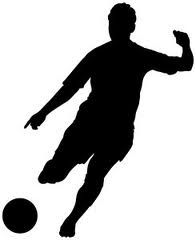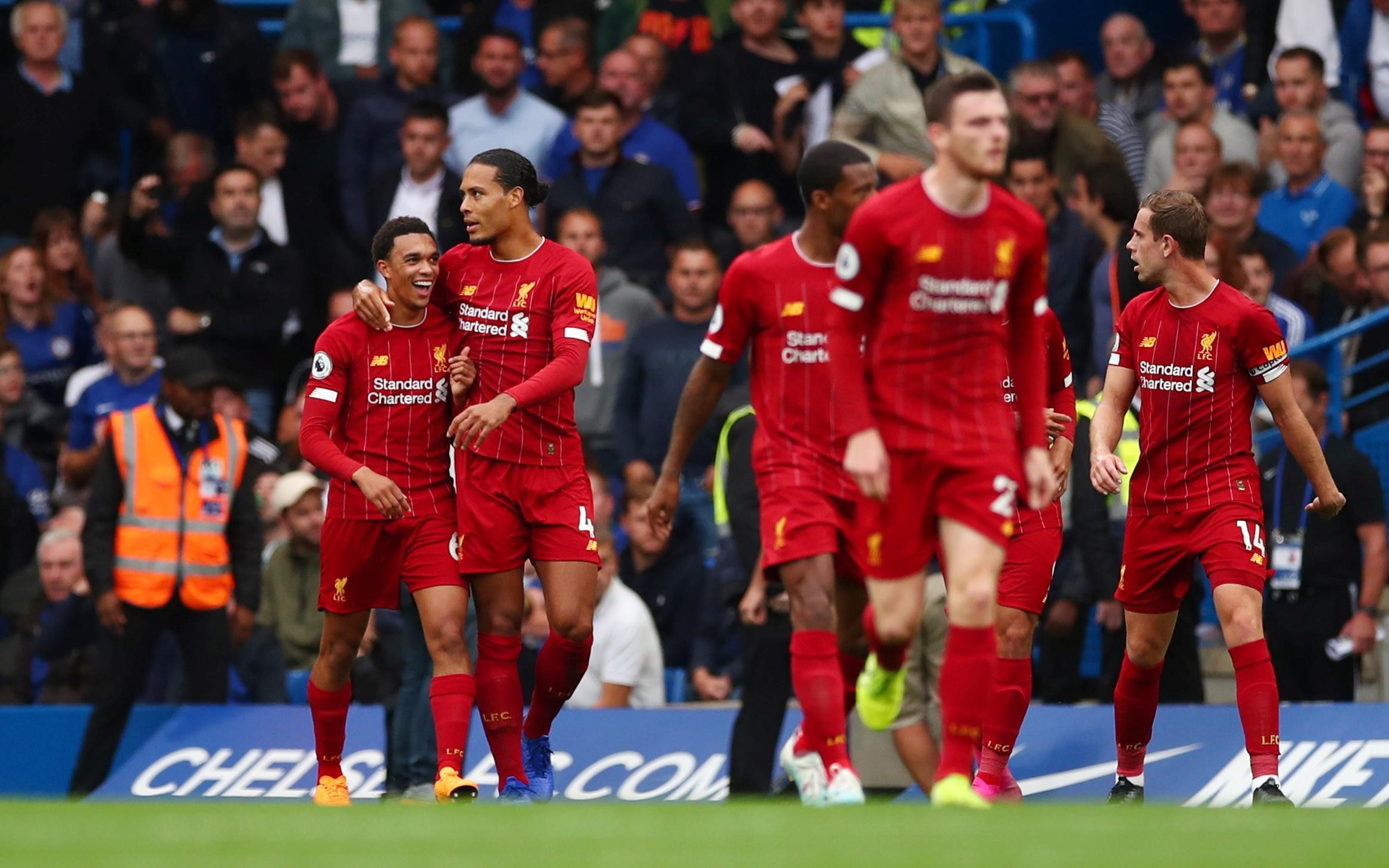
IN THE first incident of its kind in this country, one of Zimbabwe’s outstanding soccer players, Dynamos midfielder Devon Chafa, has been suspended by the world football controlling body Fifa apparently after he failed a doping test conducted after a 2014 World Cup qualifying tie between Zimbabwe and Egypt in Harare last June.
Report by Innocent Kurwa
The whole saga is indeed unique, in more ways than one! It is unique in that the player himself, while accepting his fate, says he is surprised by the sudden turn of events.
Of course, Chafa would be surprised — in the run-up to the suspension the player had received support from all sorts of corners, with some that claimed to be very knowledgeable, even suggesting that Chafa would get away with a simple warning and there was nothing for him and the general public to be worried about.
It is again unique in that, going by reports now quoting Fifa, despite roping in Zifa and some so-called sports medicine experts in the country, Chafa apparently failed to request for the analysis of his B sample within the deadline granted by Fifa.
What does this say about Chafa, Zifa and the whole retinue of people involved in this issue? They do not know as much as they claim to know about both Fifa rules on doping and the processes that are taken once one’s A sample has tested positive! They know “zilch”, to put it bluntly.
It is also unique in that our players and possibly our sportspersons, do not seem to appreciate that they can easily fall foul of doping rules if they do not consult the right doctors.
This is so especially when visits are for matters that are not directly related to sport. This conclusion comes from the argument now being proffered — that Chafa was given some prescription by his family doctor for a common cure, whatever that is.
- Chamisa under fire over US$120K donation
- Mavhunga puts DeMbare into Chibuku quarterfinals
- Pension funds bet on Cabora Bassa oilfields
- Councils defy govt fire tender directive
Keep Reading
The right doctor for any sportsperson is a doctor who knows all, — and ALL — about doping in sports and what substances are prohibited. Some of these substances may not be the major constituents of a drug, but they nevertheless constitute a doping offence when taken by whoever they have been prescribed to.
In the financial world, especially in banking, there is something code-named know your customer or client (KYC). Do our general practitioners and even specialists, particularly those who have sportspersons among their clients, do something along the lines of KYC?
We know there is the Zimbabwe Sports Medicine Committee, whose chairperson is Edward Chagonda, but is this an association of medical professionals who deal with sportspersons or just an association of people interested in sports medicine? Assuming that these are medical professionals, do our sportspersons go to these people whenever they need medical attention, even on issues not related to sport directly?
Critical in this knowledge is the issue of doping and substances that the sportsperson must never be exposed to. Hopping from one doctor to another is playing with fire, so to say, and sportspersons must never risk their careers by engaging in such costly choices.
Equally, sportspersons must not give their medical business to doctors who are not interested in furthering their knowledge about doping. Clubs, be they in football or other disciplines, also ought to have a list of medical professionals that their players can choose from when they want to seek attention.
Such professionals must be chosen meticulously with knowledge of sports medicine, particularly doping, high among the criteria.
It must be acknowledged, sadly though, that drug abuse, especially the taking of cannabis, commonly called mbanje, is widespread in sport in this country. For example, 13 out of 26 players of the country’s Under-20 rugby squad at the Junior World Rugby Cup finals last year in the United States tested positive to banned substances and the International Rugby Board is now preparing charges against these members of the Young Sables.
Apparently the problem manifested itself at the Cottco Schools Rugby festival used to select the Junior World Cup squad.
The country has gotten away with this drug problem simply because there is very little testing, if any, in Zimbabwe.
Just for the elucidation of those that might be interested, the Wada list of prohibited substances and methods for 2013 is: Substances prohibited at all times (in and out-of-competition): anabolic agents; peptide hormones, growth factors and related substances; beta-2 agonists; hormone and metabolic modulators; diuretics and other masking agents.
Substances prohibited in-competition: stimulants; narcotics; cannabinoids (includes natural like cannabis, hashish, marijuana and tetrahydrocannabinol (THC); glucocorticosteroids.
Methods prohibited at all times: manipulation of blood and blood components; chemical and physical manipulation and gene doping. Substances prohibited in particular sports: alcohol — in-competition only with a threshold of 0,10g/litre (aeronautic, karate, archery, motorcycling, automobile and powerboating); pete-blockers — in-competition only (archery (also out-of-competition); automobile, billiards; darts; golf; shooting (als out-of-competition); skiing and snowboarding).









